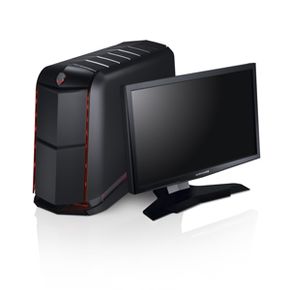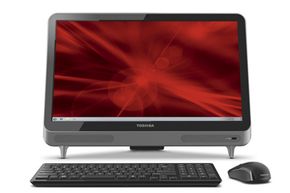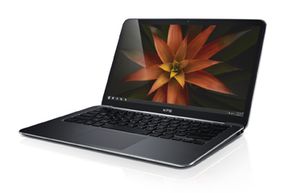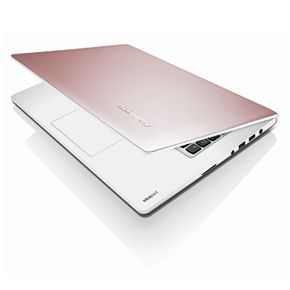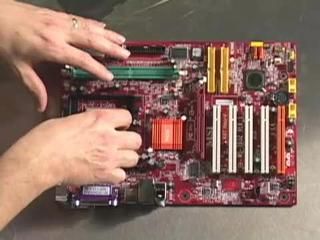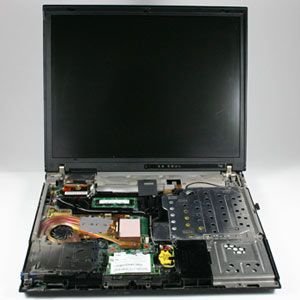Our contemporary world is digital; the numbers back up that statement. Smartphones sell at a clip of nearly 150 million per business quarter; PCs hang in at around 100 million. And tablet computers? The sales numbers of those devices are red-hot, too, at nearly 120 million per year and counting.
That's a heaping mountain of digital technology, spread all across the world. Yet hardly anyone knows how these machines are made. The process is in some ways rather simple and in others, bewilderingly complex.
Advertisement
Parts are paramount. If you've ever so much as glimpsed into the dark innards of your desktop computer, you know that the nooks and crannies inside are stuffed with all sorts of shiny (or dust bunny-choked) components. In short, your computer is composed of a lot of individual parts.
You're probably already familiar with the most vital ingredients that make up a typical computer recipe. You need a CPU (central processing unit), which is the so-called brain of the computer. It processes instructions given to it by software, such as your word processing or accounting programs.
A computer also needs a place to store data. That's usually a magnetic hard drive. Contemporary hard drives can store many gigabytes or even terabytes worth of data. Newer (and usually more expensive) hard drives are solid-state drives that have no moving parts, and thus, aren't as susceptible to mechanical failure as older versions.
Small devices, such as smartphones, often don't require as much storage capacity as full-size computers, so they employ flash memory chips like those used in digital cameras. You can swap flash cards in and out of a device for easy data sharing.
Hard drives are for semi-permanent or long-term data storage. RAM (random access memory), however, is short-term storage with smaller capacity. RAM is much faster to access than a hard drive, so it's important for overall system speed and multi-tasking.
A motherboard is often likened to the human central nervous system. It connects all parts and helps them function as a single machine. Without this crucial circuit board, your computer would be non-functioning collection of pricey electronics.
Each of these components requires careful engineering and design, not to mention specializing manufacturing machines and expert oversight. That's why computer manufacturers can't build every part from scratch. Instead, they generally buy say, motherboards, directly from a motherboard maker, and then mix and match components to build a whole machine.
We're getting a little ahead of ourselves here, though. On the next page we'll step back and see exactly where computer parts really find their beginnings.
Advertisement
